Still, first-timers will encounter quite a few differences between life in Ghana and the typical “Western” culture, and many people simply have no idea what to expect when traveling and volunteering in Ghana.
To help you prepare for your trip, we’ve rounded up some things you should know before you volunteer in Ghana.

1. Ghanaians have a different concept of time.
After a few days in Ghana, you’ll quickly learn that people are almost never on time and events sometimes start hours later than they are supposed to. Buses often don’t arrive on schedule, restaurants might take a long time to serve you and you may show up bright and early to start your class and find yourself waiting a while for the teacher.
If you’re coming from a culture where punctuality is highly valued, the constant lateness can be shocking and a bit frustrating at first. However, this is considered normal in Ghana, so it’s important to go with the flow. Ghanaians sometimes jokingly refer to this phenomenon as GMT for “Ghana Man Time.”
Note: Ghana also operates on Greenwich Mean Time, so be prepared for a bit of an adjustment if you’re traveling from another time zone.
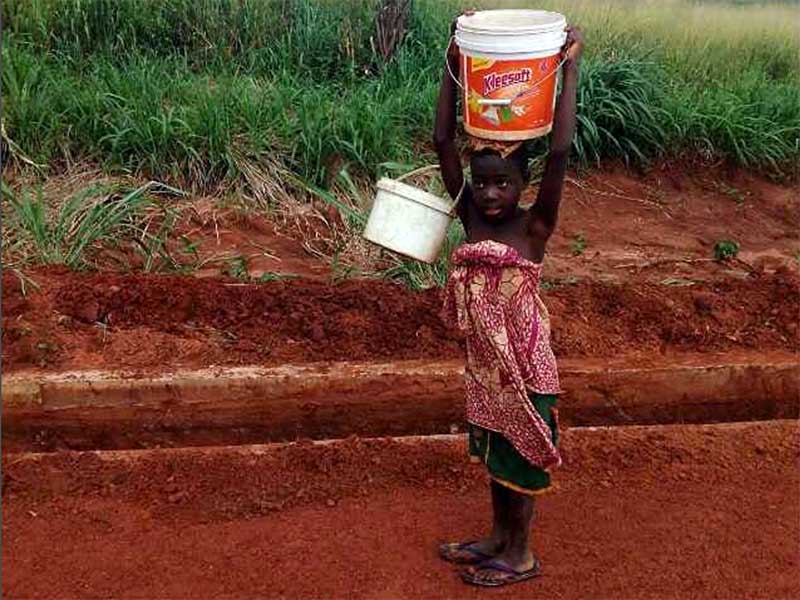
2. Power and water outages are common.
While losing electricity is usually rare in countries like the United States, Canada, and the UK, it is not so in Ghana, where electricity may occasionally go out for a few minutes to a few hours. Those who can afford it often have backup generators in their homes or businesses, but that might not be the case in more remote villages.
Tip: To protect your electronic items from damage, purchase and adapter with a surge protector and only leave your equipment plugged in while it’s charging or in use.
The same also goes for running water. Many Ghanaians who live in rural areas are familiar with having to walk some distance from their homes to collect water in a container. Urban areas usually have a connection to a water pipe and supply, but as with electricity, it is also common to have shortages, sometimes for days. In the cases of a water shortage, you will have to take a bath from a tub or bucket. Don’t worry — your coordinators will show you how this is done!
This might sound scary, but if you are willing to be flexible these challenges won’t be the end of the world.
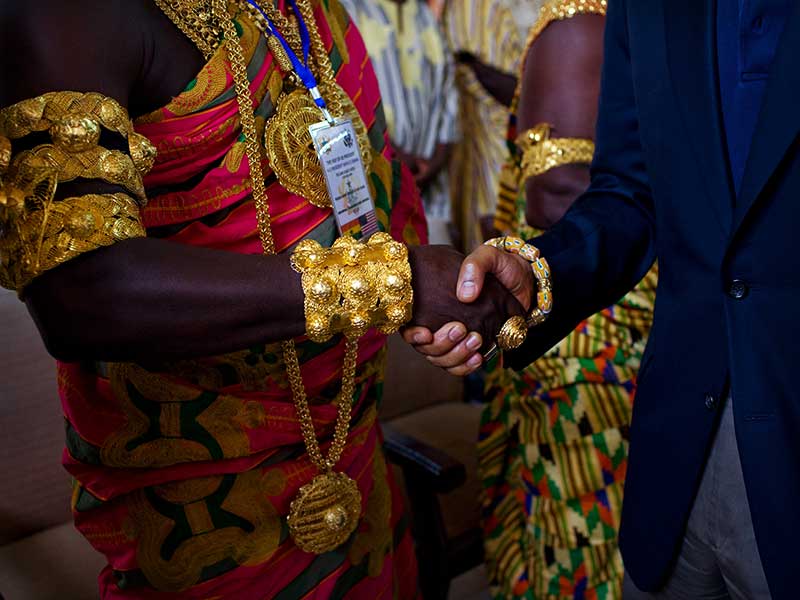
3. People avoid using their left hands for most things.
Ghanaians always use their right hand for eating, greeting others and exchanging money and other items. In fact, it’s considered rude to use your left hand. Why?
Well, the left hand is traditionally for wiping in the bathroom, even though people in modern areas use toilet paper and wash their hands just like you do at home. Just remember not to give or receive any item with your left hand, especially to someone of high rank or older than you.
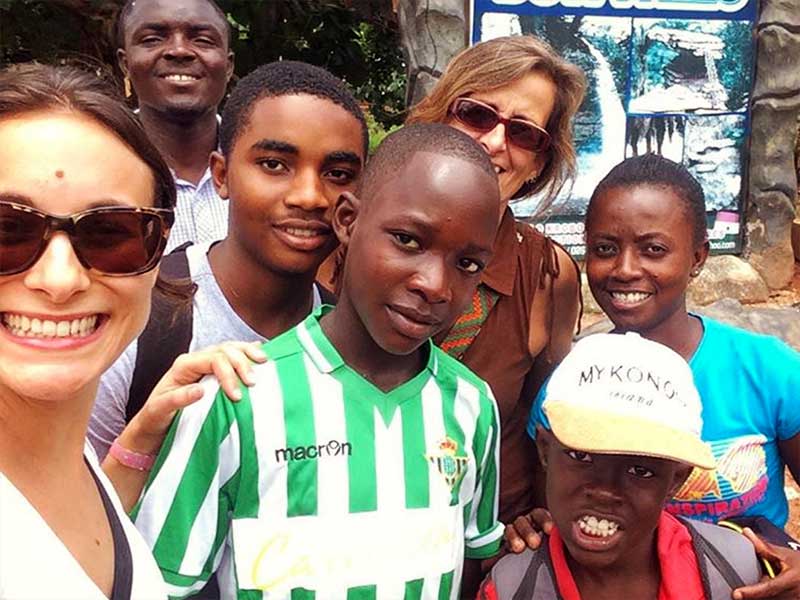
4. Ghana is actually quite safe.
It’s unfortunate, but many Westerners have a skewed view of Africa as a dangerous and unstable continent. However, Ghana has relatively low crime rates and is very safe for travelers, which is why we confidently send volunteers there.
Ghanaian people are generally warm and welcoming to tourists and will usually help look out for your best interests. However, you still need to take common-sense precautions and avoid behaviors that might make you a target, like walking alone at night or openly displaying expensive jewelry or technology. Also, be extra aware in tourist areas like beach towns and national parks where pickpockets and robbers may prey on unsuspecting tourists.
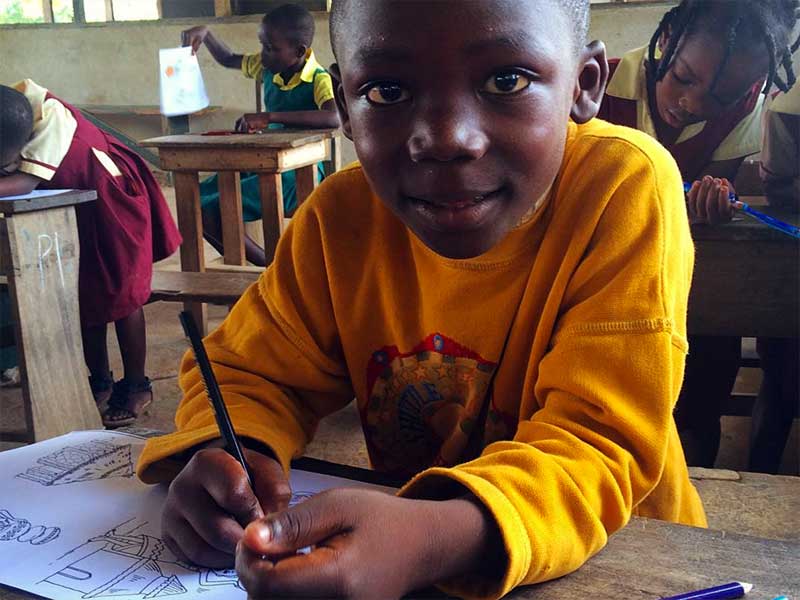
5. English is the national language.
Most people understand and speak English in Ghana so you most likely won’t have a hard time communicating while you’re there. However, Ghana also has various ethnic groups, each with their own tribal language. In fact, there are over 250 languages and dialects spoken in Ghana!
We recommend learning at least a few basic phrases in the local language (in this case, Twi) if you want to impress the locals and make friends quickly.
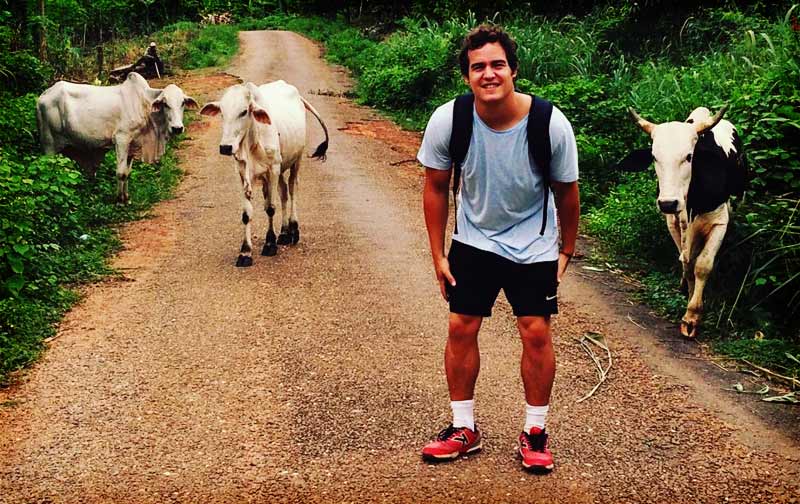
6. Ghana is extremely HOT.
Be prepared for hot and humid weather, as temperatures are usually between 24-28 degrees Celsius (75 - 83 F) year round. Many classrooms and buildings in rural areas don’t have air conditioning, so you’ll have to make do with standing or ceiling fans.
Tip: Pack light, breathable clothing and drink lots of water to stay hydrated during your trip.
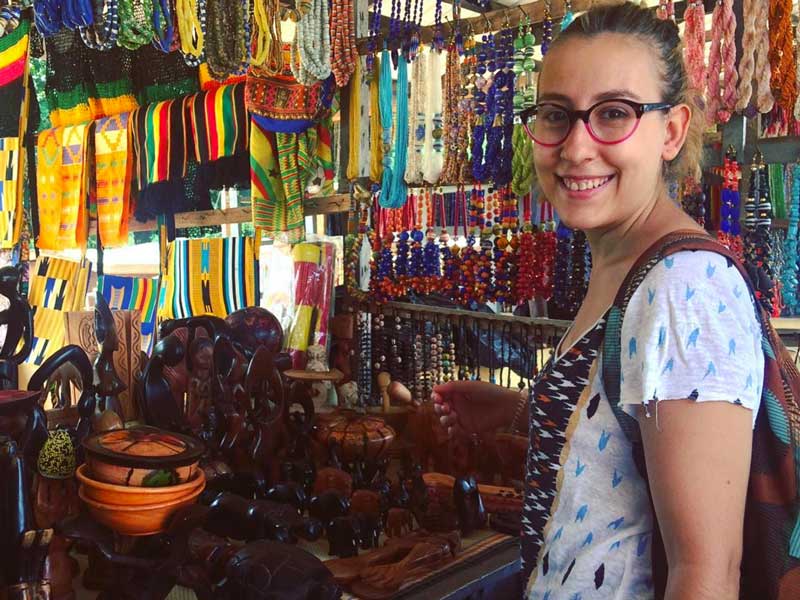
7. You’ll stand out immediately in Ghana.
As a foreigner in Ghana, you’ll probably hear the word “obruni” quite often. It’s an inoffensive word to describe tourists, particularly if you’re white or light-skinned. (People in Ghana generally don’t differentiate between categorizations like “white” or “Hispanic.”)
Vendors may target you more and try to sell you goods at inflated prices because they assume all foreigners are rich or have a lot of money to spend. Be prepared to negotiate on almost everything, including taxi fares and ask volunteer staff or local residents how much certain things should cost, so you don’t get suckered into overpaying.
People might also ask you lots of personal questions, but keep in mind that they are not trying to be rude — just friendly!
Arriving in Ghana may require a bit of a transition as you adjust to a completely different way of life than you’re used to. But we’re confident that by the end of your trip, you’ll have fallen in love with the people, food and culture in this small, but vibrant country.
Sounds like fun? Download our free brochure for more information on volunteering in Ghana.